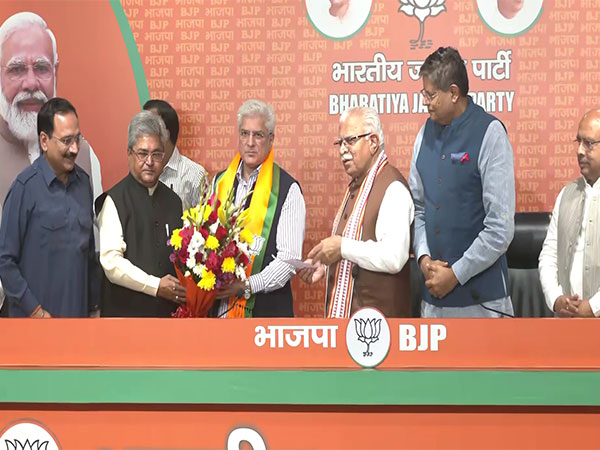Former Aam Aadmi Party (AAP) leader and minister Kailash Gahlot joined the Bharatiya Janata Party (BJP) on Monday. Gahlot’s decision to switch parties came a day after he resigned from AAP, citing dissatisfaction with the party’s direction and internal challenges. This move comes ahead of the Delhi Assembly polls, which are expected to take place in February 2025.
Gahlot formally joined the BJP in the presence of Union Minister Manohar Lal Khattar and other senior BJP leaders. Speaking about his resignation, Gahlot said that leaving AAP was a difficult decision, given his long-standing association with the party.
“This was not an easy step for me. I have been with AAP since the days of Anna Hazare and worked tirelessly for the people of Delhi. To those speculating that I acted under pressure, I want to clarify that I have always made decisions based on principles. I left my legal career to join AAP, driven by a shared vision to serve Delhi. Unfortunately, the values that united us seem compromised today,” Gahlot said.
He expressed disappointment over AAP’s confrontational approach toward the central government, which he believes has hampered Delhi’s progress. “Continuous conflicts with the central government impede Delhi’s development. I firmly believe collaboration with the Centre is essential for the city’s growth. This conviction led me to join the BJP, inspired by the vision and policies of the Prime Minister,” Gahlot added.
Welcoming Gahlot into the party, Khattar described it as a momentous occasion. “The inclusion of a senior minister like Kailash Gahlot is a turning point. I am confident his decision reflects his trust in the BJP’s work and vision. We warmly welcome him to the party,” Khattar remarked.
In his resignation letter addressed to AAP leader Arvind Kejriwal, Gahlot criticized the party’s shift from prioritizing public welfare to focusing on political gains. He highlighted unfulfilled promises, such as cleaning the Yamuna River, which remains heavily polluted, and controversies like the ‘Sheeshmahal’ issue, which have eroded public trust.




















